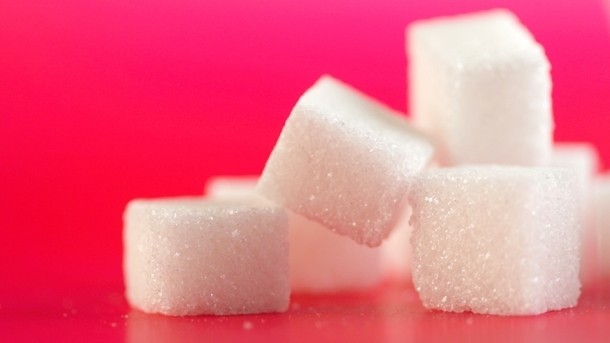Thailand’s sugar major looks at ways to capitalise on high prices

Buriram Sugar filed the application to the Securities and Exchange Commission to benefit a fund reserved to develop a fourth biomass plant that will use sugarcane. It is not known how much the fund will raise, but it can be confident of a good result judging by the high prices the market is currently commanding due to supply shortages.
Insiders expect global sugar supply will miss its target by some 5m tonnes, and predict that prices will continue to rise over the coming “few years”. This is not least because India, one of the world’s biggest sugar exporters, has been hampered by bad weather this growing season.
The benchmark New York raw sugar standard, was stood at US$0.20 per pound recently, is almost double of sugar’s record low of US$0.11 a pound in 2015, when supplies were flooding the market. the world had a glut of sugar. Its highest price was US$0.30 per pound in 2012.
Thailand is currently in need of new sources of sugar, especially after a drought last year, prompted by El Niño. Buriram’s volumes dropped this year from their average capacity of 340,000 tonnes to an expected 230,000-270,000 tonnes, reducing output for sugar millers across the country.
Thailand’s overall production estimate of 9.1-9.2m tonnes this year is down from 9.4m tonnes in 2015-16.
The world's second-biggest sugar exporter relies on Buriram production—half of which is raw sugar exported to Indonesia and Japan—for its sugar shipments. The remaining harvested “brown sugar” is used for domestic food and beverages and for other exports.
Buriram is planning, however, to start producing refined white sugar to leverage its premium value, which at US$70-100 per tonne is significantly higher than raw sugar.
Executives say it will take roughly a year for the plant to be constructed and installed before production commences in 2018, when Buriram is expected to ship most of its exports to the world’s biggest sugar importer, which like Thailand, is suffering from a shortage of output.
This year’s estimated production of around 21m tonnes is likely to be down from the 22-25 million tonnes normally cultivated because of a poor monsoon last year in the major sugar producing state of Maharashtra. It is likely that India will soon be forced to begin its own imports, thereby pushing up prices further.
Capital raised from the infrastructure fund will be set aside to grow Buriram’s sugar off-shoot businesses, including an ethanol and biomass power plant.







